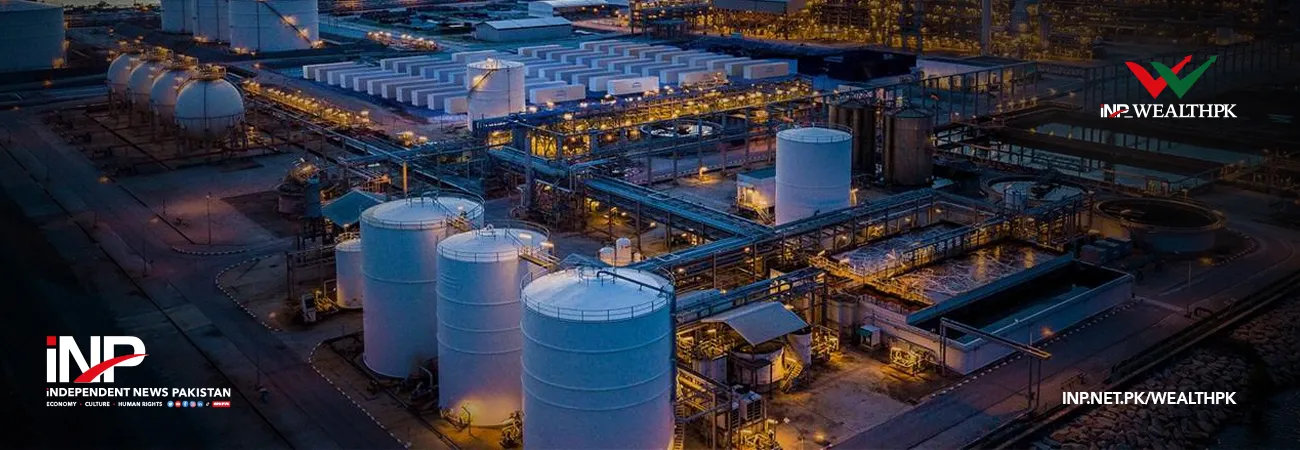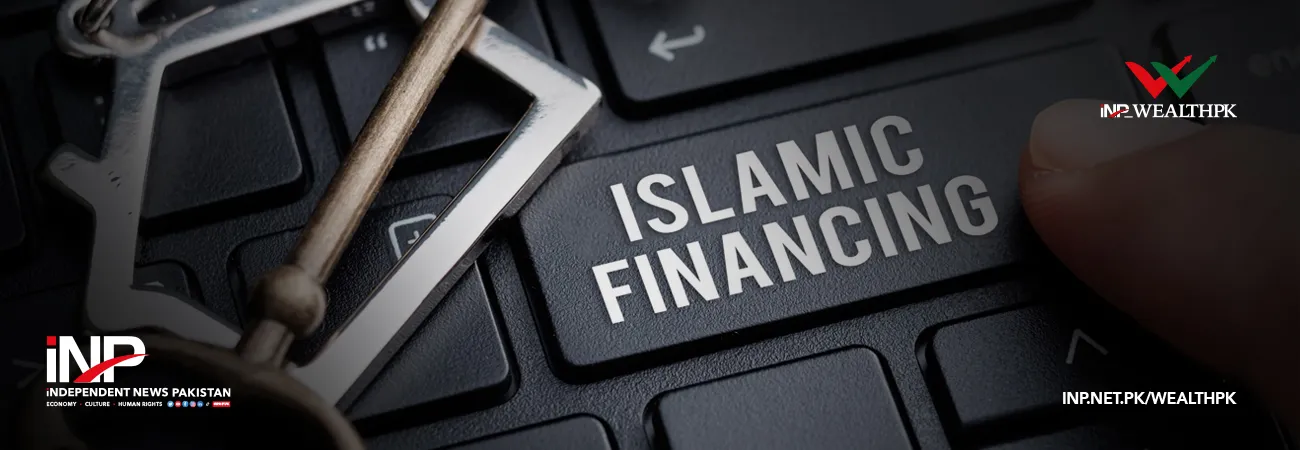INP-WealthPk
Muhammad Soban
The digitalization of the supply chain will help enterprises in Pakistan to overcome challenges and boost their business, WealthPK reports.
According to experts, Pakistan faces issues in the supply chain owing to traditional and outdated methods. However, the problems can be resolved with the help of modern technology.
Deputy Governor of State Bank of Pakistan Dr Inayat Hussain said that the share of small and medium enterprises (SMEs) in private sector financing was declining owing to their preference for the informal sector, which avoided payment of taxes.
Addressing the Cashless Supply Chain Conference, he said that traditional lending methods to SMEs had become increasingly time-consuming and costly.
Dr Inayat said that at the end of August, the outstanding loans to private sector businesses were Rs7.1 trillion, representing only 7.96% of the total. “We can only move forward with technology," he said. He lauded Haball Private Ltd, a business-to-business fin-tech company, for its efforts to digitise the supply chain.
The conference was organised by Haball in collaboration with Meezan Bank to promote its Wisaaq portal, the country's first end-to-end digital supply chain financing platform. In order to expand business volumes, distributors of fast-moving consumer goods (FMCG) can receive loans secured by assets (inventory) and improve cash flow.
As the middle link in the FMCG supply chain, distributors suffer from a chronic cash shortage. Due to delayed payments from retailers, SMEs are forced to borrow heavily from banks and private lenders.
Loans to SMEs are seldom financed by banks because of their disproportionately high risk of non-performing loans. SME lending has also higher operating expenses due to its smaller ticket size than corporate lending. Bank relationships with SMEs are also complicated by the requirement of tangible collateral. As a result, many distributors compromise their growth since private lenders charge an interest rate of 30% to 40%.
The fin-tech portal Wisaaq connects distributors with manufacturers and banks for instant financing backed by inventory, which is visible in the portal to banks.
The company conducted its first transaction a day earlier. An order was sent to a distributor by Coca-Cola Pakistan backed by financing from Meezan Bank. In the past, it used to be a process of two to three days. The bank's representative would visit the borrower's warehouse to verify the existence of inventory under asset-backed financing, a condition under Islamic banking rules.
According to an official of Haball, the transaction now takes 15 seconds. The bank gains real-time access to inventory levels while credit offers and approvals occur on the portal.
Omer Bin Ahsan, the chief executive of Haball, said the onboarding of CCI Pakistan would likely result in the beverage maker’s turnover growing by 30% to 40%. There are more than 500 distributors of the company, who serve more than 3,000 retailers across the country through the multinational's distribution network.
Unilever, Tapal, Dawlance, National Foods, Reckitt, and Pakistan Cables are among the 22 clients the fin-tech has onboarded. “It has onboarded Bank Alfalah as a Sharia-compliant inventory-backed lender,” Omer Bin Ahsan told WealthPK.
Credit : Independent News Pakistan-WealthPk













